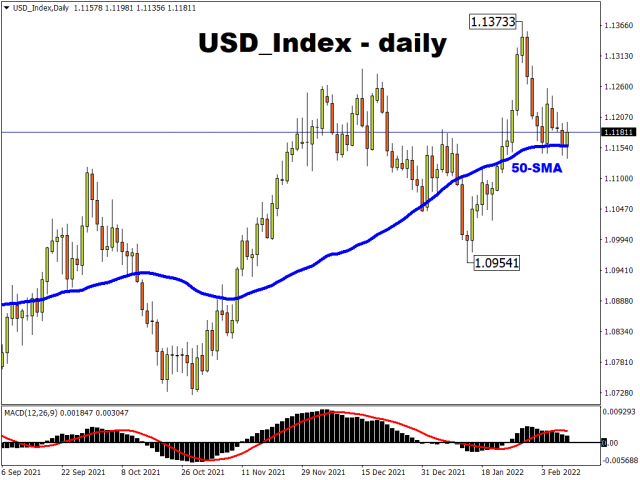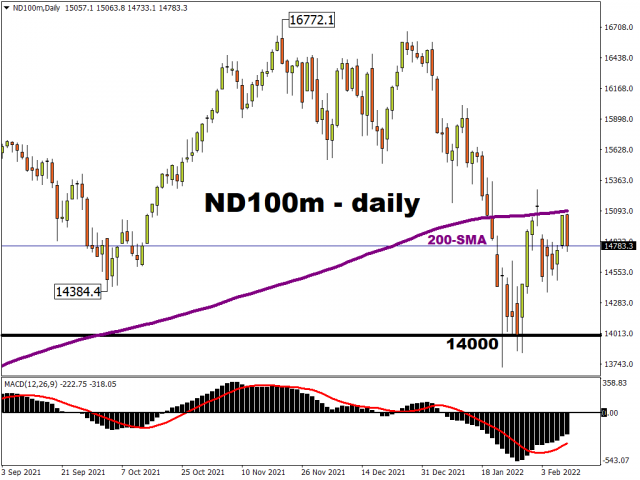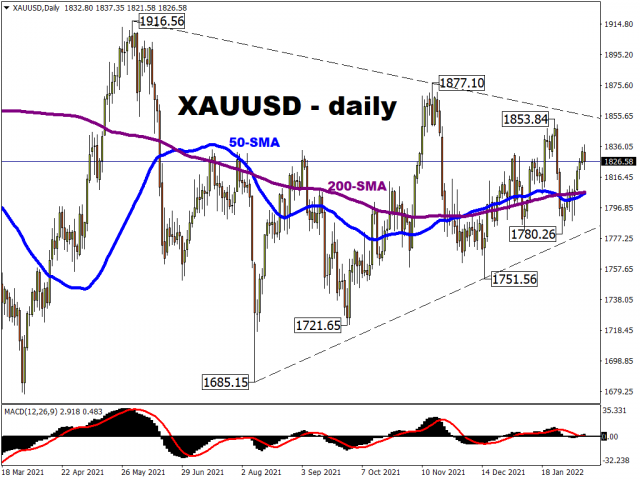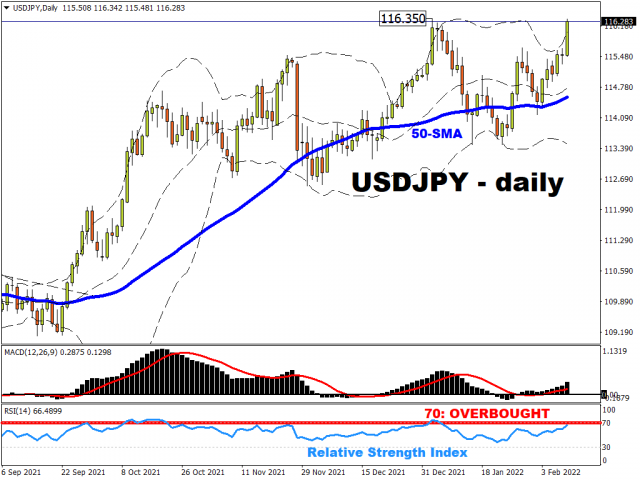Look around and things becoming a lot more expensive, be it a meal out, tech hardware, imported furniture, groceries, and even fertilizer.
What is inflation?
Inflation is the rise in the prices of goods and services as measured over a period of time. Inflation is widely measured via the “consumer price index” (CPI).
Some inflation is a positive sign of a healthy economy. Several major central banks have an inflation target of 2%, which they believe to be a manageable and sustainable rate for the economy.
If consumer prices rise too fast, not only does it hurt our pockets, but it also has negative repercussions for the broader economy:
– spending may drop (because things got too expensive too fast)
– prompting businesses to produce less
– which in turn could lead to job cuts.
Where’s the inflation?
Inflation has reached nose-bleed heights around the world, especially for emerging economies. The likes of Brazil, Turkey, Ukraine have already seen inflation rates exceed 10%.
But for global markets, there are particularly concerned over the surge in inflation seen in major economies:
- The US has just reported the fastest inflation rate since 1982!
Its CPI for January 2022 rose by 7.5% compared to January 2021 (year-on-year). - In the Eurozone, its year-on-year comparison for January’s CPI hit a record high of 5.1%!
- In the UK, December’s CPI rose by 5.4% year-on-year to reach its highest level since 1992.
Why is inflation soaring?
Some of the key reasons why inflation has been surging include:
- rising prices for fuel and raw materials
- higher wages, with employees hard to find
- supply chain disruptions (factories and ports struggling to return to business as usual)
These factors translate into businesses passing on the higher costs to customers (a.k.a. cost-push inflation). Also, because the goods/services that these businesses provide are in scarce supply, unable to keep pace with the surge in demand as households go on a post-pandemic spending spree, these companies are then charging higher prices to customers who are willing and able to fork out the dough (a.k.a. demand-pull inflation).
Can inflation be brought under control?
Possibly.
Major central banks have made it their number one priority to quell inflation by raising interest rates:
- The Bank of England has already raised interest rates twice (15 basis points in December and another 25 basis points in February). This is the first time since 2004 that the BOE has triggered back-to-back hikes in successive meetings.
- Markets are expecting the US Federal Reserve to hike interest rates five times this year, starting in March.
- The European Central Bank has refused to rule out a rate hike in 2022. Up until this month, the ECB was expected to only raise rates in 2023.
How does inflation affect markets?
- The US dollar stands to gain
Generally, if a central bank is seen to be raising rates faster than expected, then markets tend to push that central bank’s currency. At the time of writing, the dollar is stronger against all of its G10 peers after the US reported its highest inflation rate in 40 years.
As long as markets think the Fed has to do more to battle inflation (i.e. raise interest rates more times or by a larger extent), then the US dollar stands to benefit.
However, there’s a key caveat to this. The stronger dollar assumes that the US economy is strong enough to withstand higher interest rates (US consumers and businesses can keep on spending). More on this later.
- Tech/growth stocks could fall further
As interest rates are hiked, it becomes more expensive for companies to borrow money because they have to pay higher interest on their loans. Hence, companies that are growing with the help of borrowed money might not be able to expand as much, considering that they’ll need more money to pay the interest on their loans.
When markets are less optimistic about this company’s ability to grow, that usually triggers a selloff in the company’s shares, as investors look at other assets that can promise greater returns.
- Inflation leaves gold in a dilemma
Traditionally, gold is seen as a way to preserve one’s wealth in times when inflation runs high and purchasing power is diminished (inflation hedge).
However, inflation is also bringing about higher interest rates. And gold prices tend to move lower when interest rates rise (or more specifically, when Treasury yields and inflation-adjusted yields move higher in anticipation of those interest rate hikes by the Fed). This is because gold does not offer yields, as opposed to 10-year US Treasuries (government bonds) that are offering more than 1.90% in yields at the time of writing.
Overall, gold prices could find enough support as an inflation hedge, though it’s expected to fall more than it climbs.
But wait, there’s a twist to the inflation story.
Markets are now also concerned that if the Fed is in a rush to raise interest rates to bring inflation under control, that could instead hurt the economy. When rates rise and borrowing costs go up, there’s less borrowed-money to be spent out there.
If the higher interest rates actually drag down spending levels, that could see economic growth slow down, or worse, fall into a recession. This would be an unintended mistake by the central bank, and it is a risk worth watching.
If indeed there’s a recession in the US, the world’s largest economy, then safe havens (assets that investors flock to in times of fear) stand to benefit, such as gold, the Swiss Franc, and the Japanese Yen.
Disclaimer: The content in this article comprises personal opinions and should not be construed as containing personal and/or other investment advice and/or an offer of and/or solicitation for any transactions in financial instruments and/or a guarantee and/or prediction of future performance. ForexTime (FXTM), its affiliates, agents, directors, officers or employees do not guarantee the accuracy, validity, timeliness or completeness, of any information or data made available and assume no liability as to any loss arising from any investment based on the same.
 Article by ForexTime
Article by ForexTime
ForexTime Ltd (FXTM) is an award winning international online forex broker regulated by CySEC 185/12 www.forextime.com





